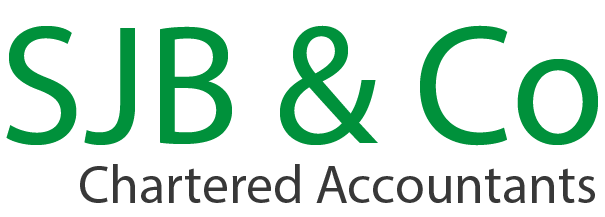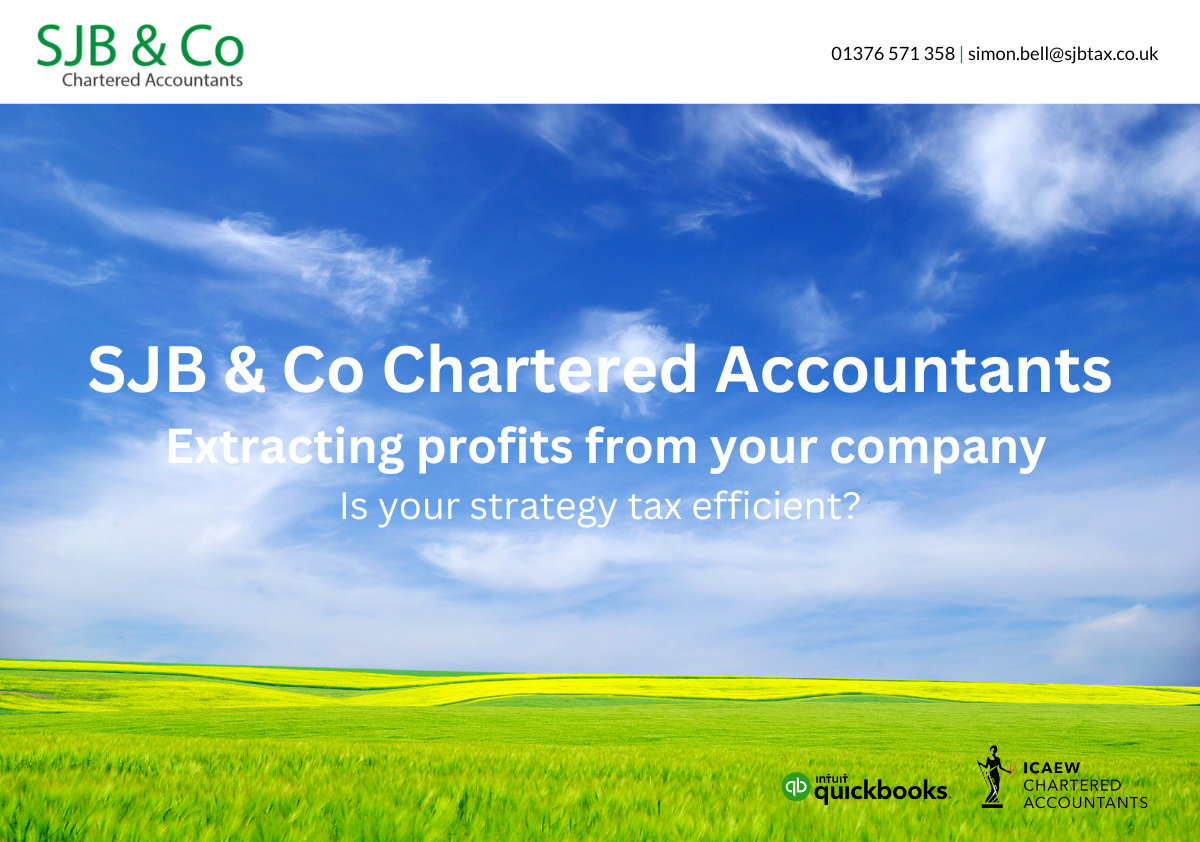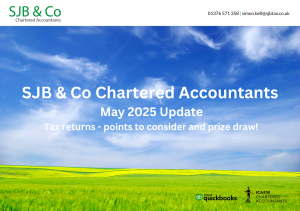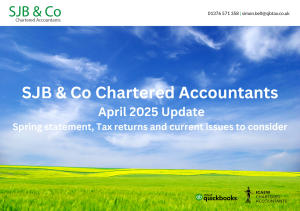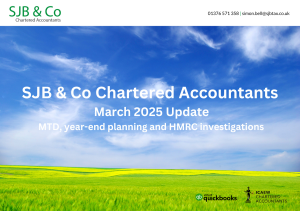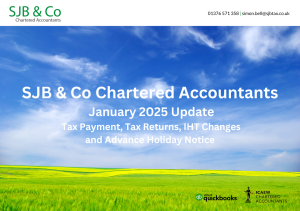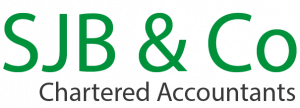|
Extracting profits from your company. |
If you operate your business as a personal or family company, you will need to extract profits if you want to use them to meet personal expenditure. This update considers some of the various ways in which this can be done. And in particular, if you need to extract more than £50,270 in 2023/24, is it worth taking a higher salary to avoid a tax of 33.75% on dividends received above the £50,270 limit?
Key dates
The 2023/24 tax year ends the 5 April 2024. To take advantage of 2023/24 allowances, profits must be extracted by this date.
This note explains the tax implications of taking profits from your company in the form of salary and dividends.
Small salary plus dividends
A popular tax-efficient profit extraction strategy is to take a small salary and to take extract any further profits needed outside the company in the form of dividends. However, this is not a one-size fits all strategy and whether it is right for you will depend on the level of your profits and your personal circumstances.
Optimal salary level
For many directors, it makes sense to take a small salary from their company, particularly if they do not yet have the 35 qualifying years needed to secure a full state pension. Where this is a case, paying a salary at least equal to the lower earnings limit for National Insurance purposes will secure a qualifying year for state pension purposes.
If the director has the full personal allowance available to shelter the salary, the optimal salary level for 2023/24 is equal to the personal allowance of £12,570. As this is also the level of the primary National Insurance threshold, the director will not pay on primary Class 1 National Insurance on their salary but will benefit from a qualifying year for state pension purposes.
If the employment allowance is available, there will be no employer’s National Insurance to pay either. However, remember, personal companies where the sole employee is also a director are not eligible to claim the allowance. Where the company cannot benefit from the employment allowance, employer’s National Insurance is payable on earnings in excess of £9,100 at the rate of 13.8%. Consequently, where a salary of £12,570 is paid, the employer’s National Insurance hit is £478.86.
However, as the rate of employer’s National Insurance is less than the corporation tax rate and both salary payments and employer’s National Insurance are deductible in calculating profits for corporation tax purposes, this is worthwhile.
If the personal allowance available to the director to shelter his or her salary is not £12,570, it is a question of doing the sums, to ascertain their optimal salary for 2023/24.
Implication of taking a higher salary
Once the personal allowance has been used up, is it worth taking a higher salary and what are the tax and National Insurance implications?
The first point to note is that employer’s National Insurance of 13.8% is payable on all earnings in excess of £9,100. However, as this is deductible for corporation tax purposes, the effective rate depends on the rate at which you pay corporation tax. If your corporation tax is 19%, the effective rate is 11.178%, whereas, if you pay corporation tax at 25%, the effective rate is 10.35%.
Once the personal allowance has been used up, further salary payments are taxable at the rate of 20% to the extent that they fall within the basic rate band. Once the salary level reaches £50,270, tax is payable at the higher rate of 40%.
At higher level, the marginal rate rises to 60% where the salary is between £100,000 and £125,140 as a result of the abatement of the personal allowance, falling to 45% on income in excess of £125,140.
The director will also pay employee’s National Insurance on earnings between the primary threshold of £12,570 and the upper earnings limit of £50,270. Directors have an annual earnings period for National Insurance, and as a result of the reduction in the main primary Class 1 rate from 12% to 10% for 2023/24, they pay Class 1 National Insurance contributions at a rate of 11.5% for 2023/24 on earnings between the primary threshold and the upper earnings limit and at the rate of 2% on earnings in excess of the upper earnings limit.
The company can deduct salary payments and employer’s National Insurance in calculating their taxable profits.
Dividends
The dividend tax rates are lower than the income tax rates, making them an attractive proposition for extracting profits from a company. However, when comparing the tax rates, it is important to remember that as dividends are paid from post-tax profits, those profits have already suffered corporation tax at between 19% and 25% depending on the rate at which you pay corporation tax.
There are also restrictions governing the payment of dividends. Firstly, they can only be paid if you have sufficient post-tax profits from which to pay them, and secondly, they must be paid in proportion to shareholdings (although having an alphabet share structure overcomes this restriction).
All shareholders have a tax-free dividend allowance, and for 2034/24 this is £1,000 (but is to fall to £500 for 2024/25), Where profits are available, it makes sense to pay dividends to use shareholders’ dividends allowances.
Once the allowance (which acts as zero rate band) has been used up, dividends, which are taxed as the top slice of income, are taxed at 8.75% where they fall in the basic rate band, 33.75% where they fall in the higher rate band and at 39.35% where they fall in the additional rate band.
Dividends or more salary
It will generally be preferable to take dividends rather than additional salary if profits permit once the personal allowance has been used up, but there is no substitute to doing the sums for your own personal situation.
Please feel free to forward this newsletter to any colleagues or friends who may be interested in it.
For more information or to discuss any issues raised above please contact Simon Bell by phone on 01376 571358 or email [email protected]
This article is written in general terms and therefore cannot be relied on to cover specific situations; applications of the principles set out will depend on the particular circumstances involved and it is recommended that you take professional advice before acting or refraining from acting on any material in the newsletter.
